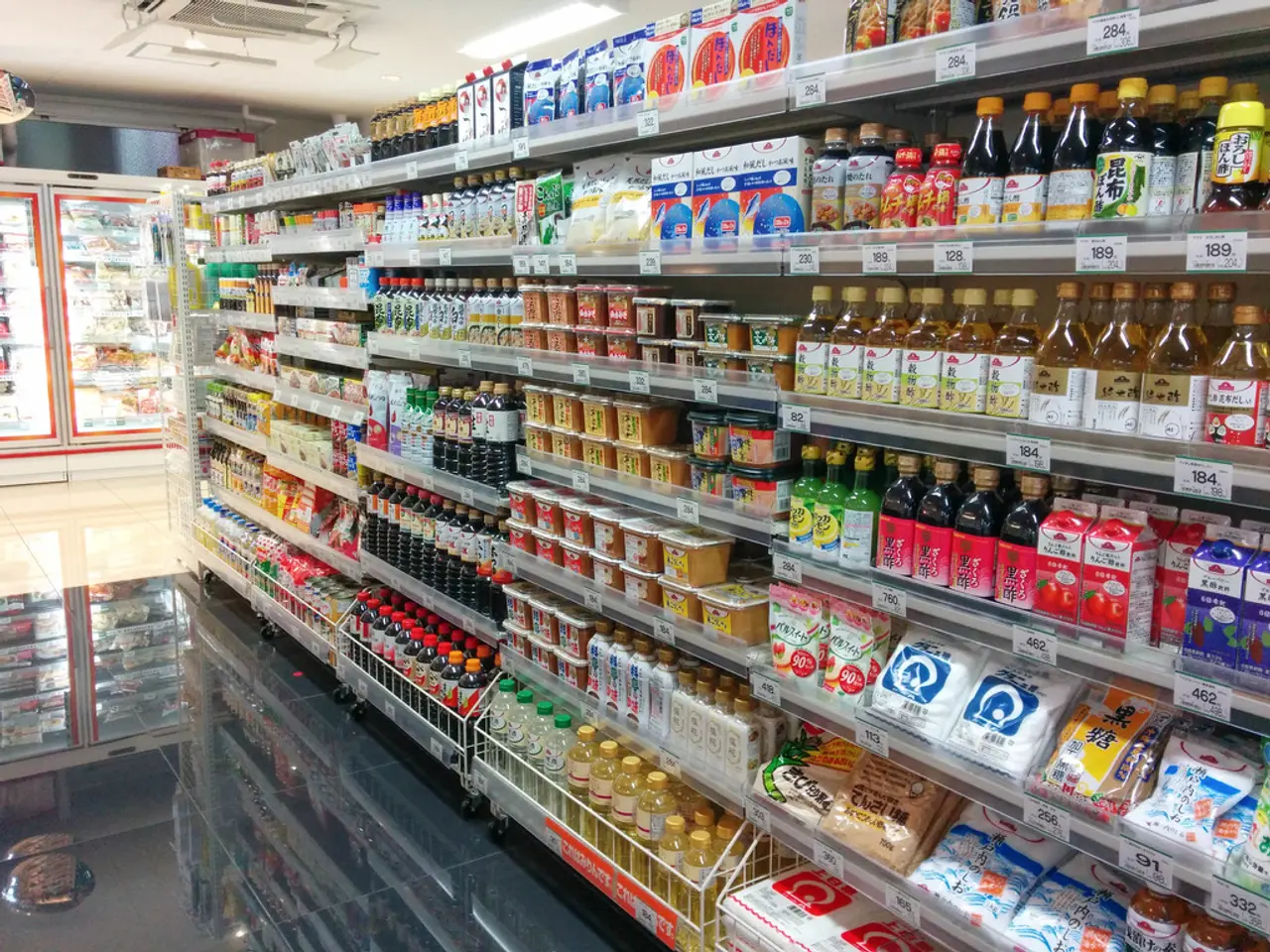Twelve Businesses Resistant to Economic Recession Worth Exploring
In times of economic recession, certain industries continue to thrive, providing essential goods and services that consumers require regardless of the economic climate. These sectors, often referred to as recession-proof, cater to basic and unavoidable needs such as health, food, and maintenance, or offer services that cannot be postponed.
One such industry is healthcare and hygiene. The need for medical care remains indispensable, whether for chronic illnesses, emergencies, or preventive health. In fact, demand for healthcare services might even increase during economic downturns due to the stress associated with hardship. Products like medication, first aid, personal care, and hygiene supplies are consumer staples that people continue buying even in recessions.
Another resilient sector is food suppliers and grocery stores. Food is a fundamental necessity, and consumers must continue eating, making this sector highly recession-resistant. While consumers might reduce discretionary spending, essentials like produce, dairy, and pantry staples maintain steady sales. The rise of online grocery shopping further supports this industry's resilience.
Repair services also prove to be a stable sector during recessions. As consumers tend to repair rather than replace items like vehicles, appliances, and electronics, repair services for homes, automobiles, and electronics continue to see demand, often growing as people seek cost-effective alternatives to purchasing new products.
Funeral services are another essential industry that remains steady during economic downturns. End-of-life services are unavoidable, and funeral homes and cremation services maintain demand, with some offering affordable packages or pre-planning options to appeal to budget-conscious customers.
Consumer staples, such as household products like shampoos, soaps, cleaning supplies, and detergents, also maintain sales during recessions because these are daily necessities. Large multinational corporations like Procter & Gamble, Unilever, and Johnson & Johnson have a track record of stable performance in recessions due to their essential product lines.
Education and reskilling also see increased demand in economic downturns. As individuals seek to improve their skills or change careers, online courses and coaching tend to be in high demand, providing opportunities for businesses in this sector.
In summary, these industries survive recessions because they focus on "basics" that consumers cannot forego, making them stable and often growth-oriented even in economic hardships. Discount retailers like TJ Maxx, Dollar Tree, and Ross excel in recessions by offering quality products at reduced prices, while businesses providing affordable yet quality alternatives, such as discount retailers and low-cost cosmetic brands, can attract consumers looking for value.
Financial services, including debt collection agencies and tax preparation services, benefit from increased demand during economic downturns due to higher debt delinquency rates and the ongoing need for financial planning. Opportunities in low-cost luxury alternatives can be a game-changer during economic downturns, with businesses that provide affordable yet quality alternatives, such as discount retailers and low-cost cosmetic brands, attracting consumers looking for value.
Launching a business in recession-proof sectors can provide stability and ensure not only survival but the potential for growth during economic downturns. Maintaining low debt, managing cash reserves, and practicing frugality can help businesses manage downturns more effectively. Adaptability and flexibility, like offering subscription-based models or online services, can help businesses survive and excel in tough economic times.
Recession-proof industries include healthcare, grocery services, repair and maintenance, financial services, and low-cost luxury alternatives. Essential services like healthcare and grocery stores maintain high demand regardless of economic conditions, while auto repair shops and home maintenance services experience stable demand in a recession as people opt to repair items rather than replace them. Launching an online discount retail store can be a lucrative strategy during a recession due to the demand for affordable yet quality products. Opportunities in financial services sectors like debt collection and tax preparation remain vital during recessions.
- Growth in essential industries such as healthcare and grocery stores is often observed during economic recessions, as people continue to require these services and goods.
- Strategy for startups looking to thrive during economic downturns may involve focusing on recession-proof sectors like food suppliers, repair services, and financial services.
- Businesses in the personal-finance and investing realm, including tax preparation services and debt collection agencies, experience increased demand during economic recessions.
- The lifestyle sector, including education-and-self-development, witness an uptick in demand as individuals seek to enhance their skills during economic hardships, offering opportunities for businesses in this field.
- Technology-driven businesses like online retailers and low-cost luxury alternatives can attract consumers during economic recessions, providing a lucrative strategy for startups in these areas.




